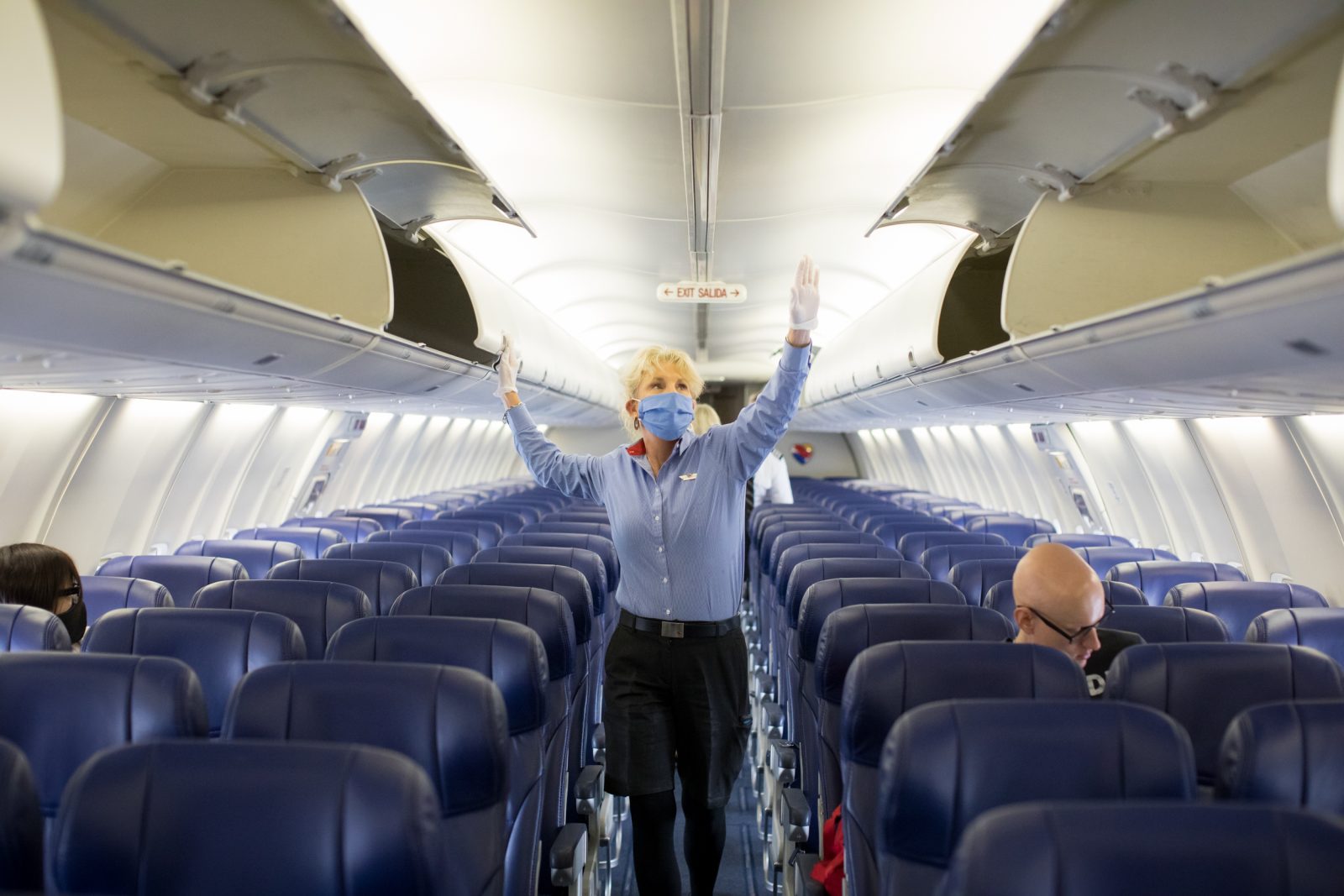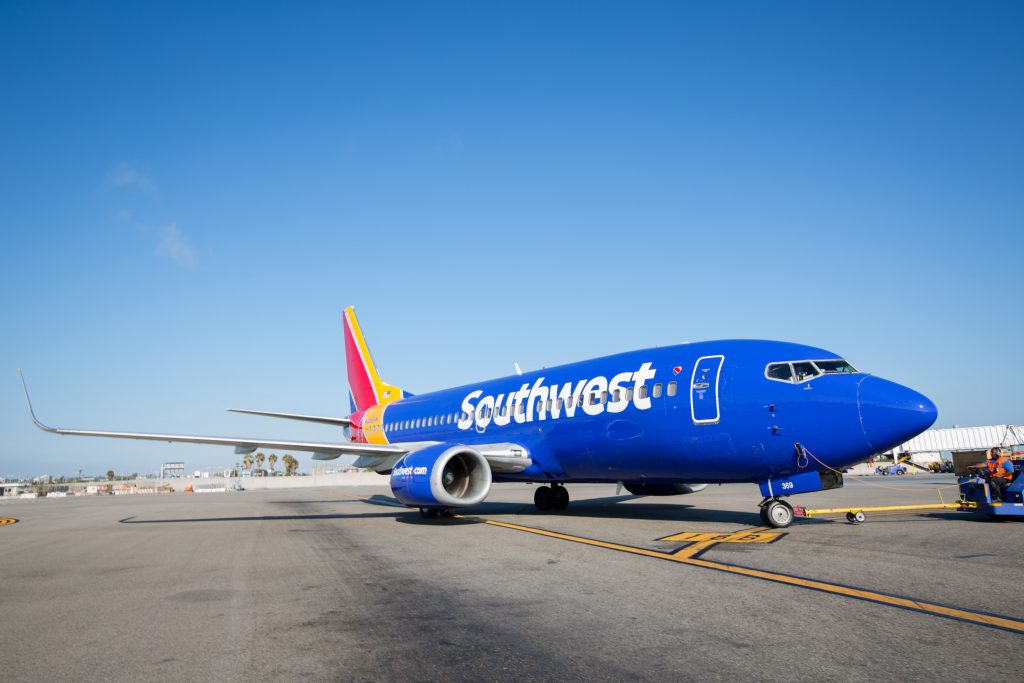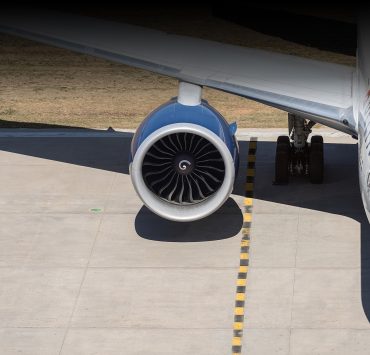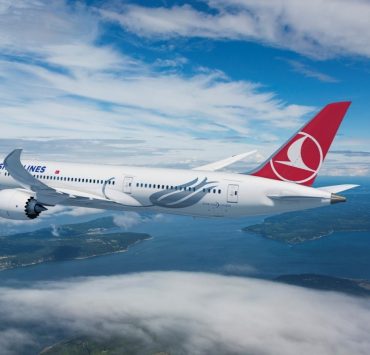
Southwest Airlines says the significant efforts it has made to slash costs in order to weather the Corona crisis means it will turn down a $2.8 billion CARES Act loan that it agreed with the U.S. Treasury last month. Instead, the Dallas-based airline believes it could secure additional financing at favourable rates should the need to arise without relying on government-backed loan.
But in an investor update published on Wednesday, Southwest says it is continuing to face “significant negative impacts” to customer demand prompted by the COVID-19 pandemic. Operating revenues plummeted between 70 to 75 per cent in July, while capacity remains capped at nearly 70 per cent of pre-COVID levels.

Improvements in demand witnessed by Southwest and other U.S.-based airlines in May and June have since stalled after a surge in novel Coronavirus across some states prompted authorities to rethink reopening plans. There have been “modest” improvements in August but booking trends remain inconsistent.
Despite continued uncertainty, however, Southwest says revenue and load factor targets for August are now slightly above previous estimates. Revenue could see a year-over-year fall of between 70 to 75 per cent; capacity has been slashed by 27 per cent, and load factor (how many seats on any given flight are filled) will hover in the range of between 40 to 45 per cent.
In comparison, the airline previously estimated that revenues could drop by as much as 80 per cent, and load factors as low as 30 per cent. Capacity, however, remains below previous estimates. Flight loads remain capped through October 31 in order to enable onboard social distancing.
Driven by leisure travelers, Southwest continues to see “modest” improvements in forward bookings for September but with many tickets being sold at rock bottom prices, revenues will continue to slide downwards.
Despite recording a daily cash burn of $23 million, Southwest will turn down government support in the form of a CARES Act loan. Southwest chief executive, Gary Kelly previously described conditions attached to the loans as “onerous” and said they would put its competitors at a disadvantage.
Mateusz Maszczynski honed his skills as an international flight attendant at the most prominent airline in the Middle East and has been flying throughout the COVID-19 pandemic for a well-known European airline. Matt is passionate about the aviation industry and has become an expert in passenger experience and human-centric stories. Always keeping an ear close to the ground, Matt's industry insights, analysis and news coverage is frequently relied upon by some of the biggest names in journalism.









